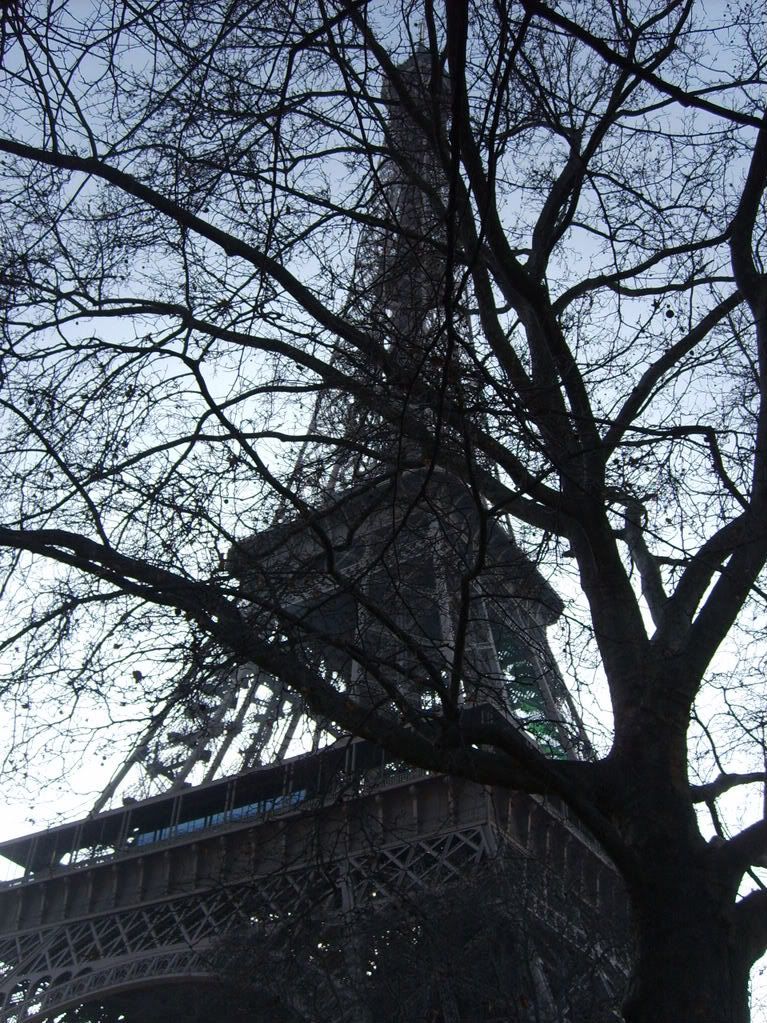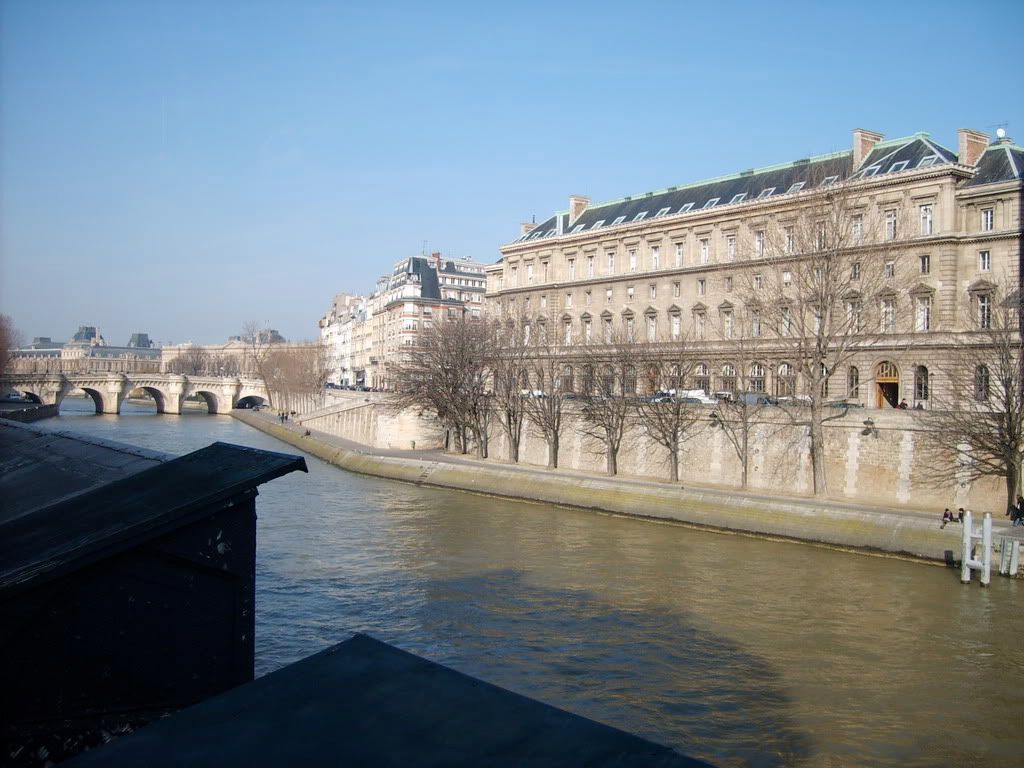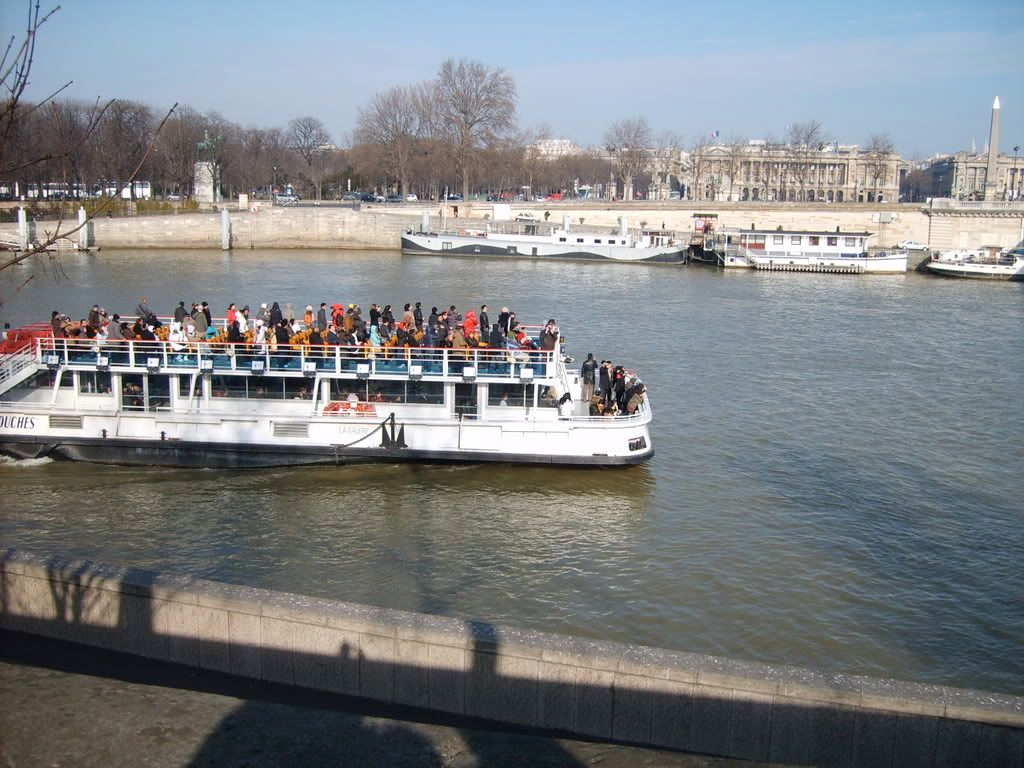American Food Chains In Paris
So this was supposed to go up 2 or 3 days ago but then I moved into the dorms, which are very nice but lack wifi, and I only got an ethernet cable today. Tragic, I know.
The past two days, I visited the quintessential Americanities: McDonald’s for dinner, Starbucks for breakfast. Had to go at least once, you know? And McDonald’s is just so appealing because of the way they call it “Macdo” here. How can you not love something with such a cute nickname?
When ordering, I ran into what I call the pain-au-chocolat problem. I name it this because I’m never entirely sure how to pronounce the words pain au chocoloat when ordering in an American place; sometimes they pronounce the n, sometimes not, sometimes they pronounce chocolat like chocolate, other time’s its “shock-oh-LAH,” and so on.
At Macdo, I found myself entirely unsure of how to ask for a Sprite. Is it pronounced the way it would be as a French word, or in an approximation f the English? Unable to come to a decision, I got a Coke instead, which is also adorably shortened to “Coca,” and tastes better in France—their recipe here has a bit of a ginger-ale thing to it.
I also discovered that the meals are called “Best Of.” I’m not sure why; I’d expect them to follow the pattern of abbreviations and go with “combo.” Also noticed a slightly different procedure in the kitchen, there was just one guy getting trays of burgers put in front of him and boxing them all. I’ve also learned useful new phrases, such as “sur place” and “a emporter”—For Here or To Go.
Starbucks was about the same as anywhere else. The decorations are all in English. The sizes are the same, the menu’s about the same. The barista even spoke English. The cups were bilingual, and I learned that “custom” is translated as “Perso.” So back to the cute little abbreviations.
Yesterday I walked to the Eiffel Tower. It’s big. Here’s the obligatory picture:

Also some shots of the Seine, which really is a friendly little river:

They’s got pretty buildings!

The faucet in my hotel room has stopped dripping and is now just steadily running. This is good, because it’s relatively quiet. A few nights ago the drips kept switching between a 4:4 rhythm and a 6:8. Or maybe that was my imagination. At any rate, it was distracting and kept me from sleeping.
I also discovered, today, that there’s a useful little knob on the heater that allows one to turn it up. At first this seemed to be purely ornamental, but I’ve discovered the room actually has warmed up. I was a little distressed yesterday when I realized that this room doesn’t look out on the Rue de la tour d’Auvergne, but on the intersecting Rue Rodet. I’d gotten mixed up my first time getting here, in the elevator, navigating no less than three doors with four bags, and spent all this time thinking I was looking north when in fact I was looking east. It seems that, while I have a very strong sense of direction, it’s not always a very accurate one.
Getting used to navigating Paris now. Like New York, it can be broken down into a collection of grids; they’re just a lot smaller, and intersect with one another more often. But once you have a general sense of the main boulevards, you’re good. I’ve noticed a lot of homeless people here have dogs. Interesting. Also, fewer people wear sunglasses. I believe this is because the streets are mostly narrow relative to the height of the buildings, and because few streets go on for more than a half-dozen blocks without reaching an end or turning; thus you just don’t have to wear sunglasses that much, and it doesn’t become a habit or an accessory.
I also sat down with Wikipedia and the International Phonetic Alphabet to settle once and for all what the deal is with the accents. Apparently—going by IPA symbols—the accent aigue turns an e from its default schwa into an [e], while the accent grave turns it into an epsilon. I’ve been testing this on all applicable words I come across, and have determined that’s it’s somewhat reliable, though it seems to be the sort of thing that depends enough on idiolect that you can only use it reliably as a guide if you really know the language pretty well anyway. But at least it may prove a decent memory aid.

